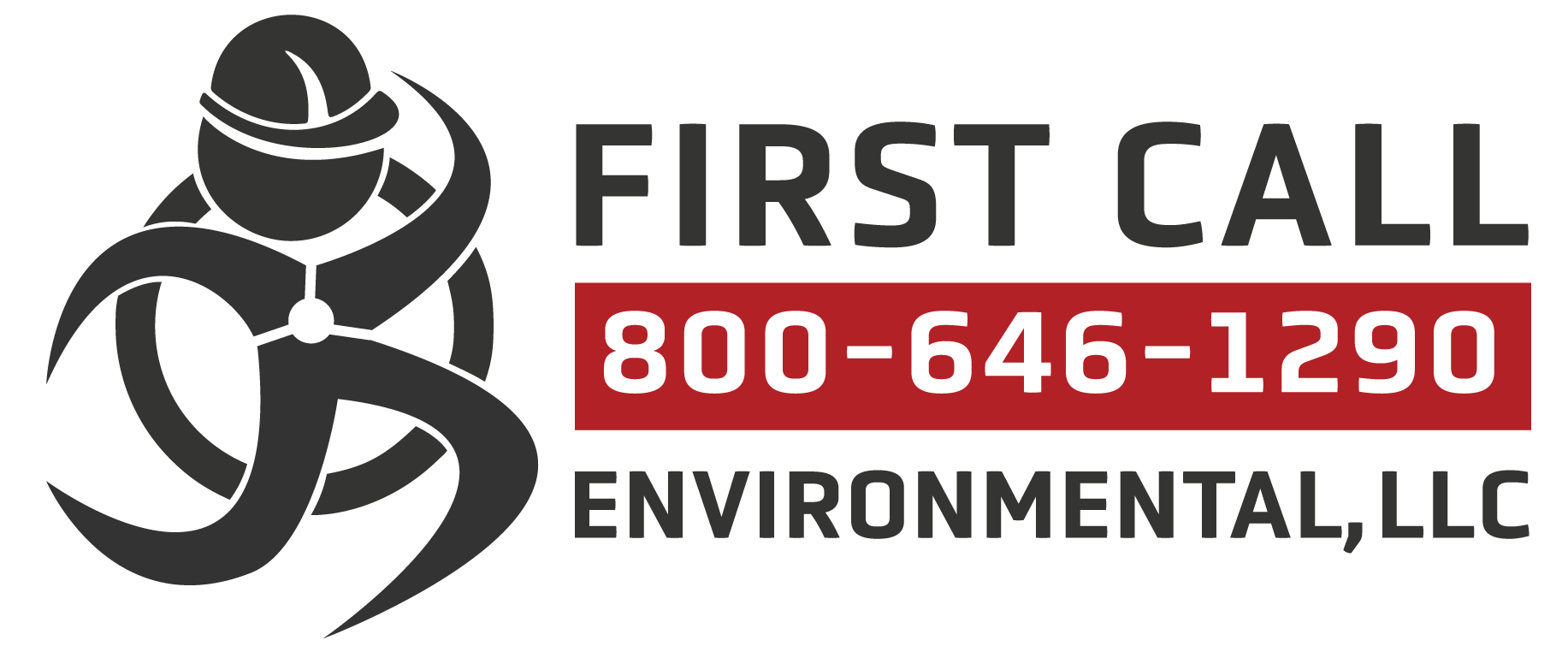What is a near miss and why is it important to First Call Environmental?
According to the National Safety Council (NSC) and OSHA Alliance, near misses are events that could have led to bodily harm and/or property loss but didn’t—this time. If the event led to property damage or bodily injury, it’s an incident.
Another definition describes it as this: A Near Miss is an unplanned event that did not result in injury, illness, or damage – but had the potential to do so. Only a fortunate break in the chain of events prevented an injury, fatality or damage; in other words, a miss that was nonetheless very near. A faulty process or management system invariably is the root cause for the increased risk that leads to the near miss and should be the focus of improvement. Other familiar terms for these events are a “close call,” a “narrow escape,” or in the case of moving objects, “near collision” or a “near hit.”
Let’s step aside for a moment to look in the mirror. The Leadership Team at First Call Environmental has created a list of five very important goals or benchmarks for our organization to strive for moving forward. They are Structure, Communication, Training, Quality Control and Growth. These five goals help paint the picture of our vision and direction for First Call Environmental moving forward.
So why even bring that up? They give us direction in our decision-making process. So, let’s look in the mirror. Let’s look at how we operate in every way and be transparent about it. Is this the safest way to do this particular task? Do we actually document our near miss incidents? If not, why? It will only help us Grow, open clear lines of Communication to improve, provide Training needs and ultimately provide us will valuable Quality Control. I hope everyone see’s how all of this plays into moving our organization forward together as a team.
Near miss events should be investigated, recorded and the experiences shared to lessen the chances of similar occurrences. We need to change the culture of a near miss being such a horrible event. They are tools to help us grow and move forward. Most workplace accidents are preceded by similar near misses that should act as warnings. As such, reporting of near misses is an established way of reducing risk in many organizations like FCE. Unfortunately, many others fail to encourage reporting of such incidents, which can ultimately lead to injury, fatality and other loss.
Understanding the value of authenticity can only help us move forward when reporting a near miss. It is our opportunity to look in the mirror to say “maybe I am not as educated on this kind of incident or piece of equipment as I should be and as a result, we had a near miss.” I believe that you win some and you learn some. Failing forward should viewed as a win. Learning is always a victory.
I hope everyone understands the definition of a near miss, the importance of reporting them and how that will help us improve as an organization. These events can happen on an incident, in a warehouse, in the office, behind the wheel or even on the training ground. Be vigilant, pay attention to detail, understand the value of situational awareness and fight against complacency.

